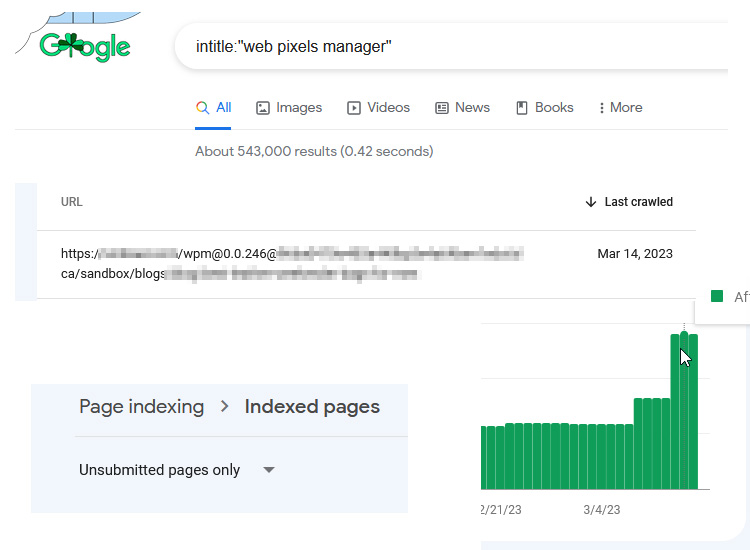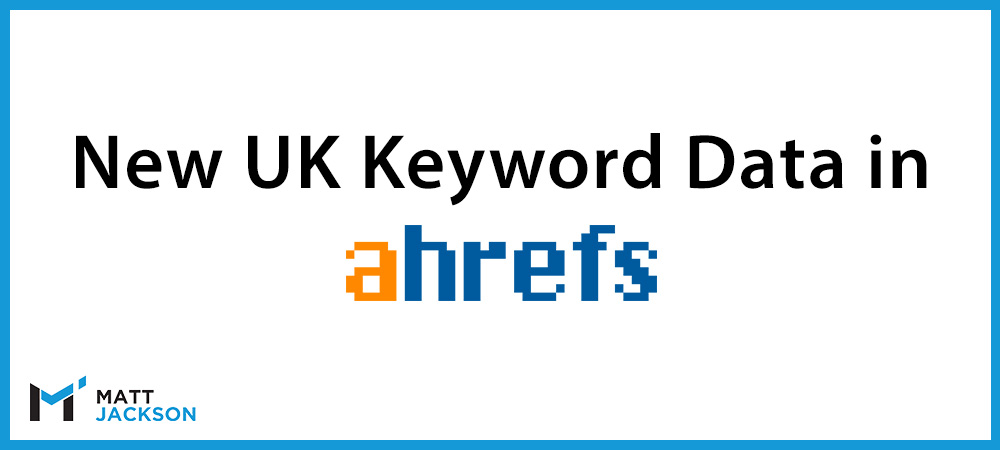Last Updated on May 17, 2024
A simple summary from ChatGPT on Reddit vs Publishers + my comments, that may give you food for thought in how you approach content in 2024 and beyond:
____
When comparing the language used on niche forums like Reddit to the language used by journalists or general writers, there are several key differences that often make forum threads particularly useful for those seeking specialized knowledge:
- Jargon and Technical Terms: Niche forums tend to use a lot of specialized language specific to the topic being discussed. This can include industry-specific jargon, technical terms, and acronyms that may be opaque to outsiders but provide precise and nuanced information for insiders.
- Community Knowledge: Forums often reflect a collective intelligence with contributors who may be deeply involved in a specific field or hobby. This leads to a rich depth of information, including insights, tips, and best practices that are not widely known or covered in mainstream sources.
- Peer Review and Correction: In forums, information can be quickly peer-reviewed by other knowledgeable members. Incorrect or misleading posts are often challenged or corrected, which can make the information more reliable over time. This dynamic does not typically occur in journalistic writing, where the published content does not undergo real-time critique and correction by readers.
- Up-to-date and Evolving Discussions: Forums often have the latest information and developments about a topic. Members may share real-time updates, which can be particularly valuable in rapidly changing fields such as technology or medicine.
- Personal Experience and Anecdotes: Users on forums frequently share their personal experiences, providing practical insights and real-world applications of theories and techniques that might not be covered in more formal writing.
- Informal and Conversational Tone: The language on forums is usually more conversational, which can make complex topics more approachable and understandable to a layperson. This can contrast with the more formal tone that journalists and writers might use.
- Emotional and Opinionated Expressions: Forum language often includes emotional or opinionated undertones that reflect the personal biases and enthusiasms of the contributors. While this can introduce bias, it also gives a deeper insight into how community members feel about certain topics.
___
Actions:
- Use the language of the niche – Geek out with jargon so your demographic feels at home.
- Experience led content – focus on use cases, actions, and real life scenarios. Wikipedia & AI summaries can define things, you don’t need to.
- Peer-reviewed – invite reader critique? Edit for 24hrs after publishing via social media feedback? An issue here is that most commentary on publications appear on social media (apart from perhaps the Daily Mail comments section) – revive comment sections, create incentives for people to return back over subsequent hours/days.
- Updated regularly, never left dormant. Covering emerging topics before AI engines can catch up.
- Same as 2.
- Slight contradiction to the use of jargon perhaps. Or perhaps finding the balance of simple vs engaging is the entire job of a good writer.
- Be precise and take an informed stance. Avoid the “could/can/might” etc generic statements (that also happen to be prevalent in AI content – Footprint?). Who can have a definitive opinion on a topic? Someone who’s well researched or has done it themselves. Would that be more helpful? Probably. Footprints? “I would”, “From my experience”, “Evidence supports”, “When I”, “You should”, “I went”, “I used”, “I liked”, etc. Past vs present tense? EG “I liked” vs “I like” – if I had to put money on which shows practical experience, I’d go with the first, does the algo?
*Bonus note: UGC (Reddit/forums/Tiktok/etc) have a much lower barrier to entry for creating content than websites, and the pool of creators is larger. This may be why the chances of there being useful unique info on them is higher – that is until marketers take over, and Google cycles back to authority or another metric to combat it.
Google is likely to make readjustments to their algo based on publisher backlash and anti-competition lawsuits, and they need new content to feed AI summaries at the very least.
Panda didn’t kill SEO, neither will the HCU.
Change is inevitable.
How useful was this post?
Click on a star to rate it!
Average rating 5 / 5. Vote count: 1
No votes so far! Be the first to rate this post.
We are sorry that this post was not useful for you!
Let us improve this post!
Tell us how we can improve this post?
Matt Jackson
E-commerce SEO expert, with over 10 years of full-time experience analyzing and fixing online shopping websites. Hands-on experience with Shopify, WordPress, Opencart, Magento, and other CMS.
Need SEO help? Email me for more info, at info@matt-jackson.com







This Post Has 0 Comments